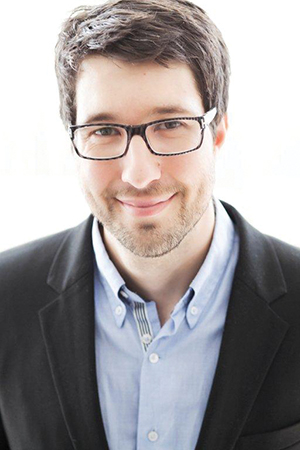With the June 18th passage by Canada’s Parliament of Act C-45, recreational cannabis is now officially legal and federally regulated in Canada. Quebecois companies stand poised to inhale new revenues and cultivate new jobs — including in a place in the Eastern Townships named Weedon.
(Cue Seth Rogen laugh track.)
Before the ink was dry on the new law, on June 19, MYM Nutraceuticals broke ground in Weedon for the C$200-million, 1.5-million-sq.-ft. CannaCentre complex that will house 15 medical cannabis greenhouses, a museum, auditorium, learning centrer, restaurant, bookstore, hotel, and cannabis research and innovation center, and create 400 jobs. A Deloitte study commissioned by MYM says the project will generate over $30 million annually for local and provincial governments from a 329-acre site formerly known as the Boisvert gravel pit, which MYM purchased for C$660,000.
"The Weedon Project is one of the largest private investment and economic development initiatives to materialize in the Eastern Townships in decades," said Rob Gietl, CEO of MYM.
Greenhouses and dispensaries are the most commonly anticipated outgrowth of cannabis legalization — another production facility in the Montreal suburb of Pointe-Claire will employ up to 50 people for Alberta-based Aurora Cannabis, which simultaneously is constructing the world’s largest cannabis greenhouse near Edmonton International Airport. And CannaSher, headquartered half an hour away from Weedon in the university town of Sherbrooke, will manufacture cannabis-based products and cannabis oils for medical applications at a new facility near the Charles River in Sherbrooke. The company in May announced a C$900,000 commitment to back the newly created CannaSher Chair on Medical Cannabis at the University of Sherbrooke.

“We are proud to start here in Quebec, and we are the only one. And we are focusing worldwide — Quebec, then Canada, then Germany, China and others. It’s really an endless project.”
Neptune Wellness Solutions was not founded with cannabis in mind. Twenty years ago it launched operations to process and refine krill oil for its nutriceutical properties. Production in Sherbrooke launched in 2003, and krill oil volumes peaked in 2014. Faced with a purchase offer too good to refuse, the company exited the bulk krill oil business in 2017, and has put $5 million of the sale’s proceeds toward deploying its refinery complex to extract cannabis oil instead.
When I visited Sherbrooke earlier this year, a research program with CannaSher already was set to commence at the Pharmacology Institute at the University of Sherbrooke, known for its strong and assets in pain management. Patrice Leclerc, PhD, coordinator of the Pharmacology Institute, says, "With Neptune we’ve already addressed some questions with regard to formulation."
Etienne Villeneuve, head of operations and technical services for Neptune, says building a plant as sophisticated as Neptune’s from scratch would cost $50 million. Cannabinoid extraction was an ideal fit for Neptune, given its wellness mission and its 20 years of experience in oil extraction engineering at a GMP-certified facility. They know what it takes to navigate regulatory affairs, quality control and global logistics.
"We have a lot of contacts and customers already around the world, so it gives us a lot of opportunity in the cannabis space," he says.
Villeneuve explains that cultivation ultimately will be a commodity business, whereas extracting, purifying and formulation for various levels and forms of delivery is his firm’s promising target. The global market for krill oil was valued around C$200 million. The retail market for cannabis is estimated to be worth C$7.8 billion.
In 2016, Neptune acquired Biodroga, a turnkey developer and distributor of omega-3 oils for nutraceutical use primarily in softgel capsule or liquid form. That capability will be ideal for formulating cannabinoid product in various forms, depending on the order in which various formulations are permitted by the government.
Neptune this spring hoped to reach the third of four steps toward final licensure by the government. Villeneuve and his director quality Eric Savoie both come from years in the pharmaceutical industry, so they’re used to meeting high standards. What’s different with cannabis, Villeneuve says, is the level of security required: "Fencing, cameras, everything needs to be overkill," he says.
The processing and refining complex has the capability to produce more than 1 million kilos of oil. Given normal extraction ratios, that means it will be able to take in around 6 million kilos of raw materials.
"We can provide more than what Canada will need in 2021, based on statistics already in place," says Villeneuve. "We are proud to start here in Quebec, and we are the only one. And we are focusing worldwide — Quebec, then Canada, then Germany, China and others. It’s really an endless project."

